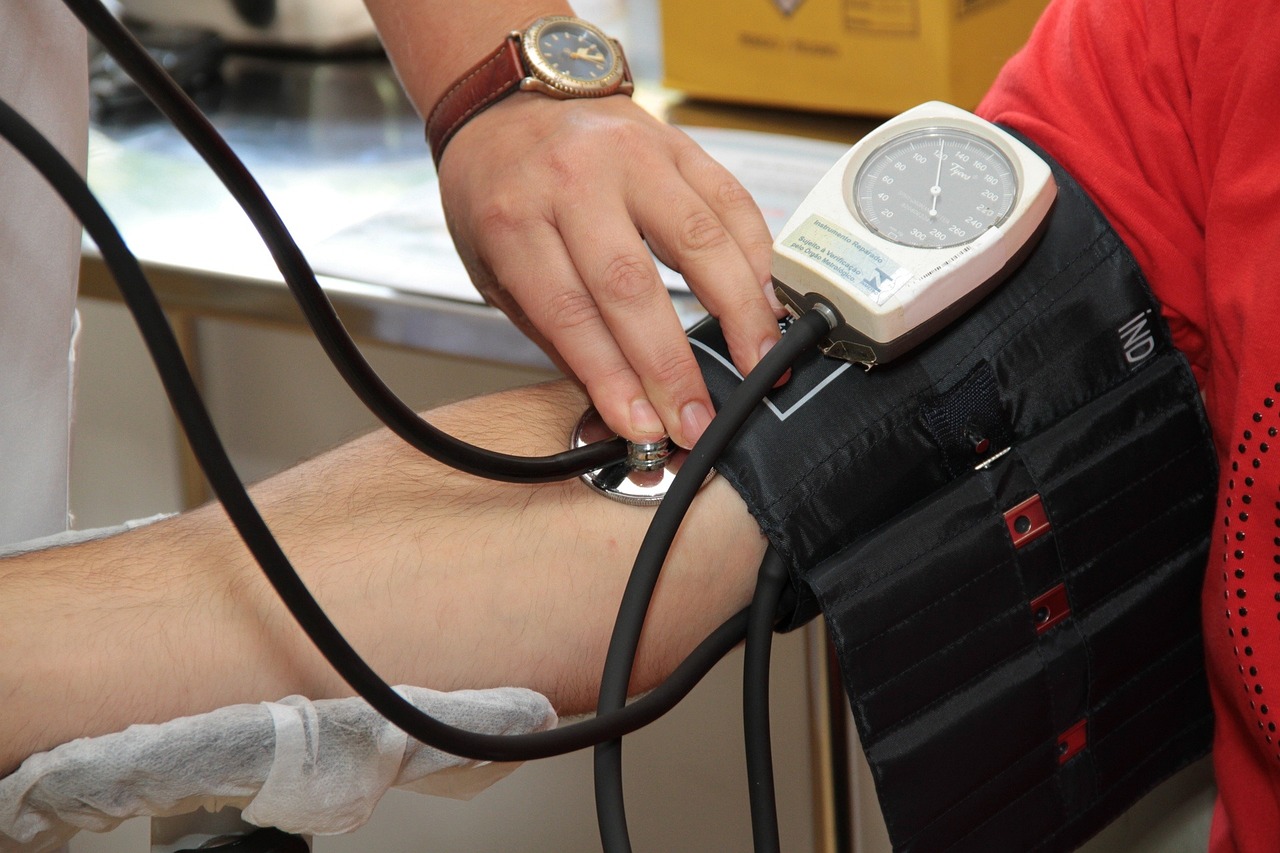
Many people associate exercise with body shaping and bodybuilding. However, some exercises are actually crucial for our physical health, effectively protecting internal organs, especially the heart. The heart is the most critical of all our organs, and although its health condition is not as visible as external physical changes, it deserves equal attention. Particularly for the elderly, who are at higher risk of heart disease, regular exercise is essential.
What exercises help strengthen heart health?
- Resistance Training Benefits Heart Health
Resistance training, also known as strength training, significantly improves heart health. Combining strength training with aerobic exercise can effectively increase good cholesterol levels in the body while reducing harmful cholesterol. Additionally, this type of training can reduce the risk of heart disease and stroke. It’s recommended to do strength training twice a week, but avoid doing it on consecutive days.
- Cardiopulmonary Function Training is Beneficial for the Heart
Cardiopulmonary function training is crucial for health and is commonly referred to as aerobic exercise. This type of training aims to increase sweating, elevate heart rate, and promote blood circulation. For people with chronic diseases like diabetes, appropriate training also helps control blood sugar levels.
For cardiopulmonary exercise, one should engage in at least 150 minutes of moderate-intensity exercise per week, such as brisk walking or cycling, which are very effective aerobic activities.
- Flexibility Training’s Benefits for the Heart
Objectively speaking, flexibility training doesn’t directly benefit heart health. However, it can improve exercise performance to some extent. For example, activities like yoga and tai chi not only enhance flexibility but also improve balance. This improvement helps reduce muscle cramps and joint pain during exercise, thus better protecting heart health during workouts and lowering the risk of injury.
- Walking’s Benefits for Heart Health
Regular walking can strengthen the contractility of the heart muscle and effectively dilate peripheral blood vessels, significantly improving myocardial function. Moreover, walking after meals helps prevent coronary heart disease. It’s recommended to control exercise time between 20 minutes to 1 hour daily, and if physical conditions allow, the exercise intensity can be appropriately increased.
Through the above introduction, I believe everyone now understands which exercises are beneficial for heart health. Besides exercise, a balanced diet is equally important. If heart health is poor, it’s advisable to reduce the intake of spicy and stimulating foods to avoid increasing the burden on the heart.

